No one is exempt from ever-tightening emissions restrictions these days, and that includes the Porsche marque. And of course, two practical solutions to the problem of how to wring more efficiency out of the internal-combustion engine are downsizing, and turbocharging.
Based on the recent comments of brand CEO Matthias Müller, these are exactly the steps which will be taken with regard to the Porsche Boxster and Cayman replacements due out in 2016.
That’s good news for those who love horizontally-opposed engines, but bad news for those who love the storied Porsche flat-6. It was perhaps similarly disappointing when we learned that the legendary sportscar-maker would be downsizing engines for the entire 911 model lineup, and making up the power deficit with turbochargers.
The last time Porsche produced a production four-cylinder was for the 968 model, discontinued after the 1995 model year. The car – and its engine – were evolutions of the Porsche 944 S2, and at a displacement of 3.0 liters, it was one of the largest four-cylinder petrol engines ever put into a production car.
Don’t expect so much displacement out of the four-cylinder mills which will power the next Porsche Boxster and Cayman.
Speaking to Automotive News, CEO Matthias Müller alluded to the possibility of four-cylinder powerplants in other US-market vehicles, as well: “First of all, we will have [four-cylinders] in the Boxster and Cayman successor, and then we will see how it works and how successful it is and how the customers will react on that, and then we will take the next decisions.” The Porsche Macan crossover SUV already ships with an optional four-cylinder engine in China and the UK.
We should point out that the loss of two cylinders might not be a bad one, so long as the power is still there. Less weight, of course, means more agility, and AN reports that Mr. Müller had previously hinted that the Porsche Boxster and Cayman replacements could make up to 395 HP.
The only conceivable downside is turbo lag, but we’ll go ahead and place our trust in the world’s finest German auto engineers to mitigate that potential issue.

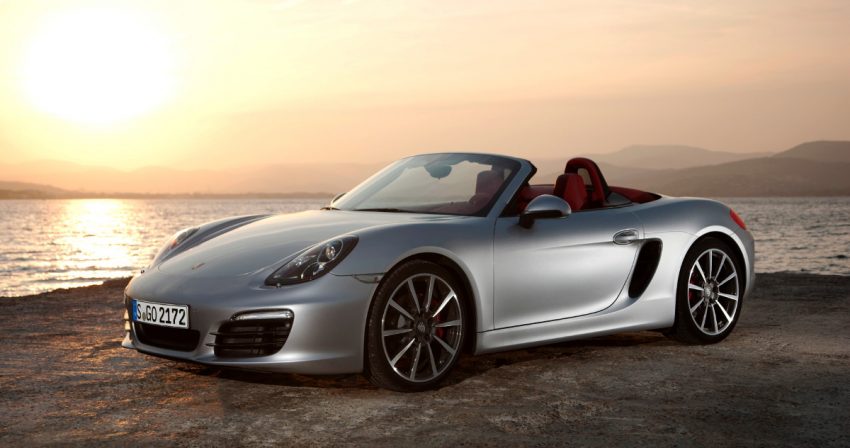
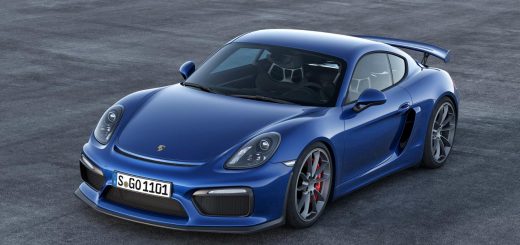

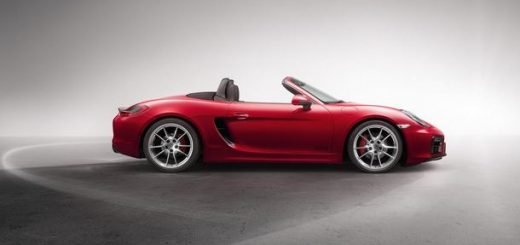
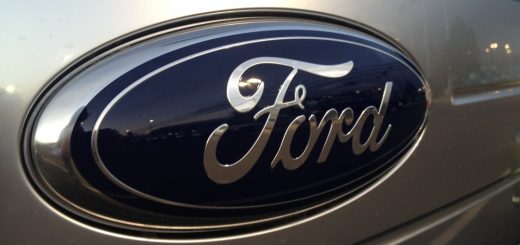
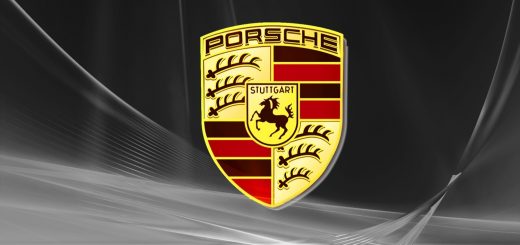
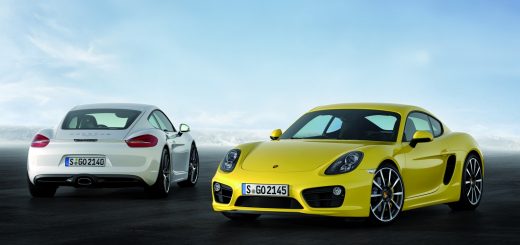



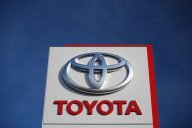


No Comments yet